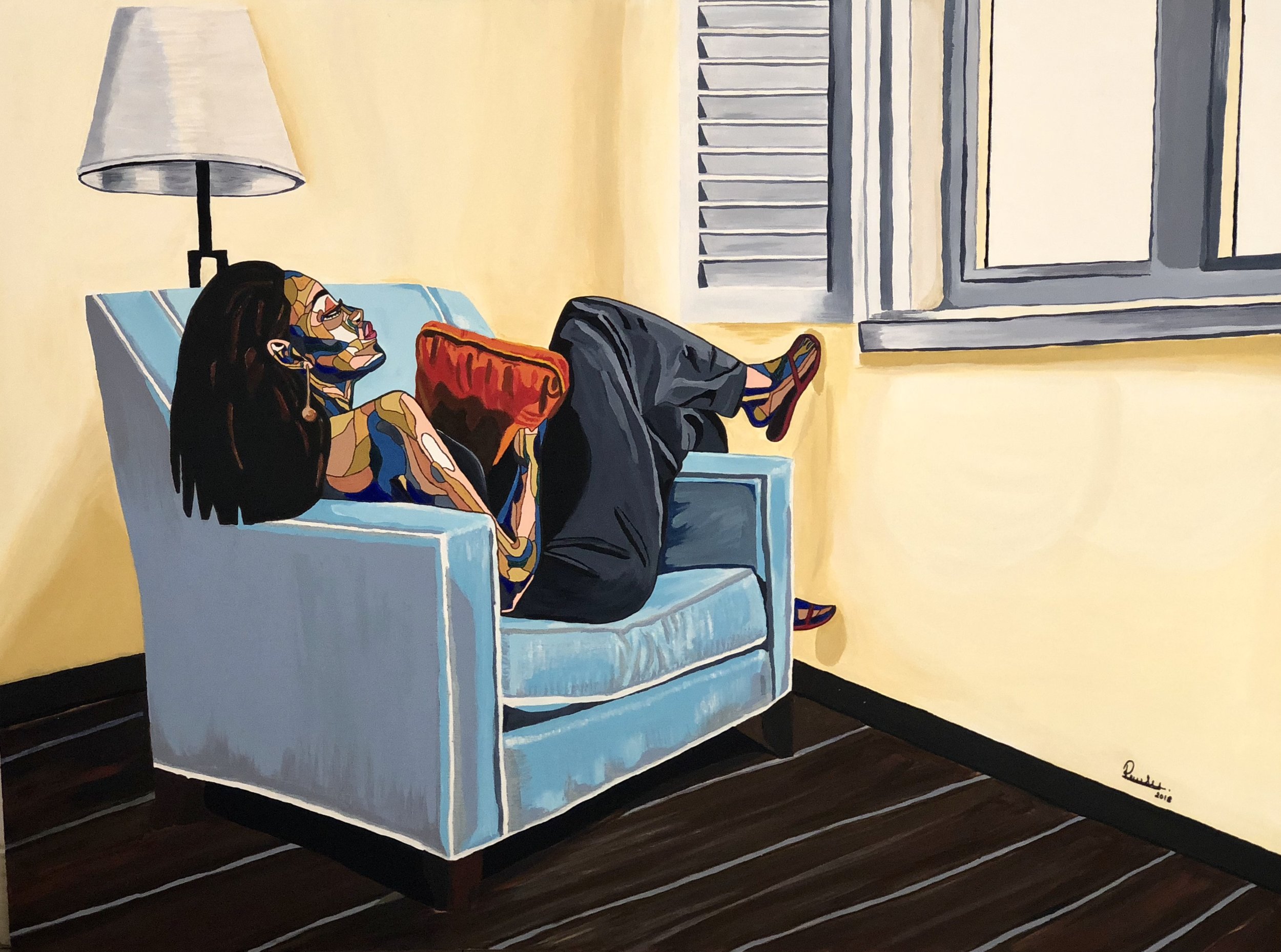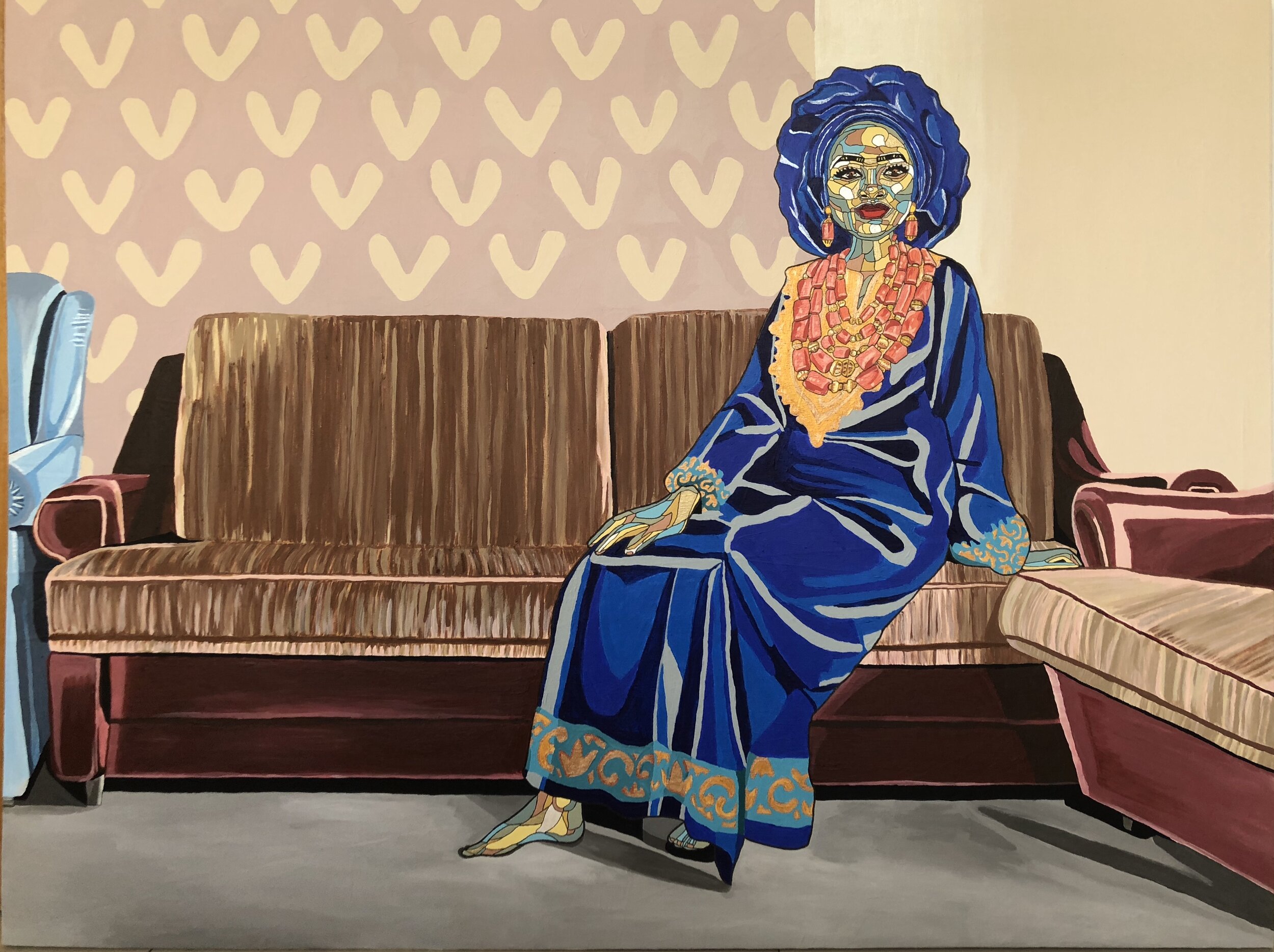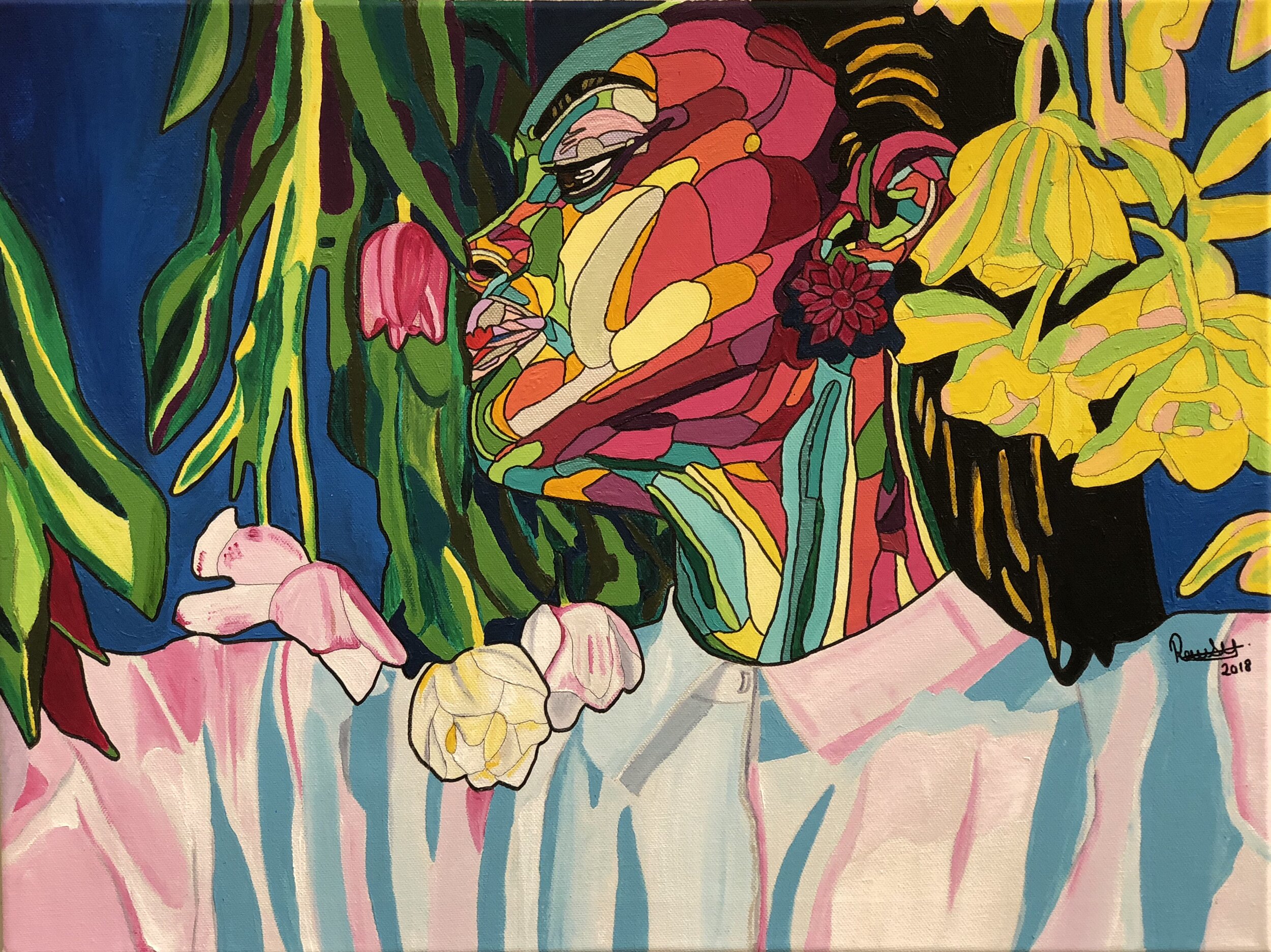inu nwunye: Bride Price
One of my past collections, Onicha Ado N’Idu: Naming Rites & Traditions of the Igbos of Nigeria, explored the cultural identity and ancestral heritage of one of Nigeria’s three major tribes, the Igbo people of South Eastern Nigeria. I remain committed to this path, using my work as a vessel for cultural education and preservation.
The next chapter in this journey is titled INU NWUNYE: Bride Price.
INU NWUNYE will explore the nuanced rites of passage that mark a young woman’s transition into marriage in traditional Igbo society. These include
INYO UNO which is the introduction or “knocking” ceremony marking the beginning of formal courtship
IBUNABAITE which is the bride’s initial visit to her fiancé’s family
URI an eight day stay with the bridegroom’s family, during which she is evaluated as a potential wife
IJE ILO a deeper familiarisation with the extended family
INA UNO the symbolic departure from her ancestral home
IGO MUO and INU MMANYA which are the rites of spiritual affirmation and the traditional wine carrying ceremony that seal the marriage
Many of these rituals, particularly IBUNABAITE and URI, have faded into obscurity, casualties of modernity and Western influence. As the saying goes, the old order changeth yielding place to new. Yet beneath today’s contemporary wedding practices in Igboland lies the enduring foundation of these time honoured customs. What is often presented as a modern ceremony is in many ways a superstructure built on indigenous rites that have stood the test of time.
Having gone through both traditional and Western marriage ceremonies myself, I was inspired to revisit and reflect on the now obsolete marital customs of Igbo culture. INU NWUNYE is both an homage and a call to remembrance, an effort to rekindle awareness and pride in the symbolic rituals of our forebears before they vanish entirely.
“The Igbo culture is a magical amalgamation of steadfast customs, ancient practices, Nka (artistry), religious beliefs, birth, marriage and death rituals, language, music and dance forms, as well attire and cuisine. The culture of the Igbos modifies our thoughts, speech, actions and artefacts to the extent that we are easily distinguished from other ethnic groups”
IBUNABAITE | ee-bu-nah-by-e-tay
2018
Medium: Acrylic and ink on canvas
A one-day visit made by the bride to the groom’s family following the payment of the bride price. The purpose of this visit is to enable the bride express her gratitude and pay her respects to her in-laws.
URI
The bride spends eight days with the groom’s family prior to the marriage ceremony where her worthiness as a potential wife and mother is assessed.
2018
Medium: Acrylic and ink on canvas
INU NWUNYE: BRIDE PRICE
2018
Medium: Acrylic and ink on canvas
INYO UNO | THE KNOCKING
2018
Medium: Acrylic and ink on canvas
The groom’s family visits the bride’s family to state their intentions for the bride.
INO UNO: Going Away
2018
Medium: Acrylic and ink on canvas
The bride leaves her ancestral home to join her groom and his family.
IGBA NKWU NWANYI | Bride’s wine-carrying ceremony
2018
Medium: Acrylic and ink on canvas
IJU ASE | Making Enquiries
2018
Medium: Acrylic and ink on canvas
The groom informs his family that he has identified a potential wife. The groom’s family make enquiries about her lineage, character, health and clan relationship.
IJE ILO
2019
Medium: Acrylic and ink on canvas
URI II
2019
Medium: Acrylic and ink on canvas




